Home>Articles>Here’s Everything You Should Consider When Planning For A Pool
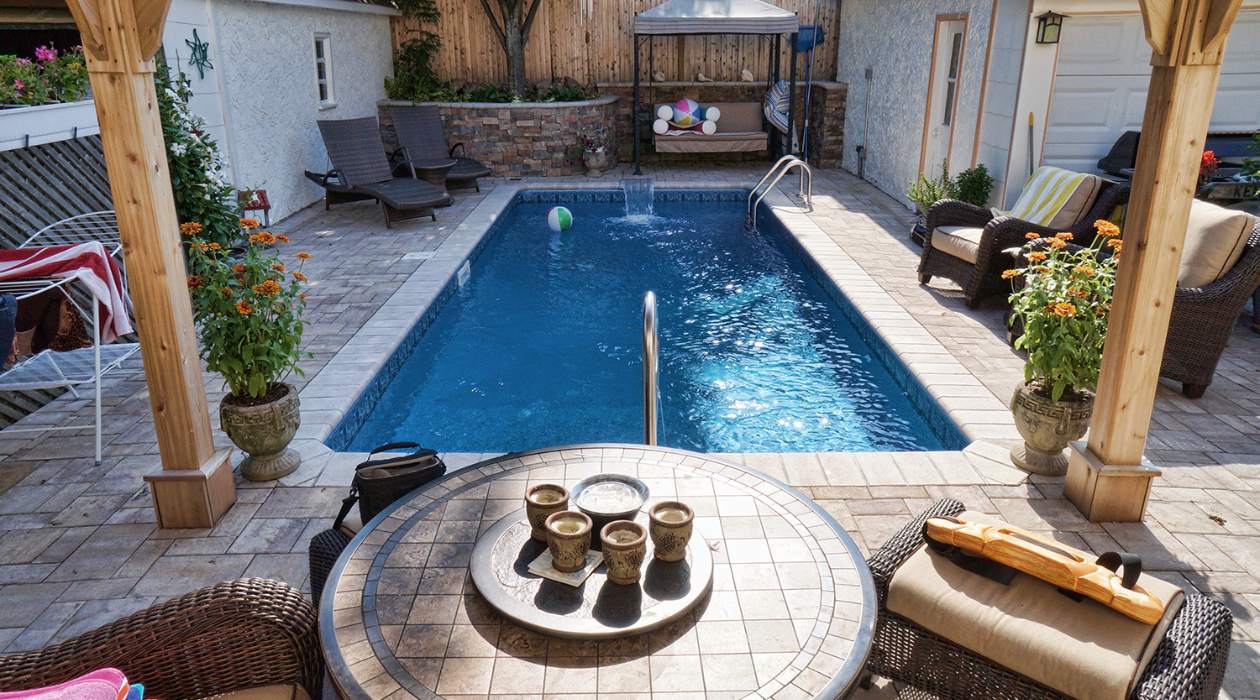

Articles
Here’s Everything You Should Consider When Planning For A Pool
Modified: January 24, 2024
Looking to plan for a pool? This comprehensive article covers everything you need to consider, from design and installation to maintenance and safety.
(Many of the links in this article redirect to a specific reviewed product. Your purchase of these products through affiliate links helps to generate commission for Storables.com, at no extra cost. Learn more)
Introduction
Planning for a pool can be an exciting endeavor, providing endless hours of entertainment, relaxation, and fun-filled memories for you and your family. Whether you dream of a peaceful oasis to escape the summer heat or a lively gathering spot for friends and loved ones, careful consideration and planning are key to ensuring a successful pool project.
Creating your own backyard paradise involves several important factors. From selecting the right location to determining the size and shape of your pool, there are numerous decisions to be made. Additionally, you need to choose the type of pool, construction material, and decide on the necessary features and accessories.
In this comprehensive guide, we will walk you through everything you should consider when planning for a pool. By the end, you will have a clearer understanding of the various elements involved, allowing you to make informed decisions and design the pool of your dreams.
Key Takeaways:
- When planning for a pool, prioritize safety, consider the location, size, and type of pool, and adhere to permits and regulations. Hiring a professional pool contractor can streamline the process and ensure a successful outcome.
- Enhance your pool with thoughtful landscaping, water features, and accessories while considering budget, maintenance, and upkeep. Careful consideration of these factors will help you create a stunning and functional pool for endless enjoyment.
Read more: How To Fix E2 Error In A Washing Machine
Location
Choosing the right location for your pool is crucial. Consider the following factors when deciding where to place your pool:
- Accessibility: Ensure the pool is easily accessible from your home and other amenities, such as outdoor entertaining areas or bathrooms.
- Orientation: Take into account the position of the sun throughout the day and aim for a location with optimal sun exposure. This will help keep the water warm and provide ample sunlight for sunbathing.
- Privacy: Determine if you want your pool to be a private retreat or a focal point for outdoor gatherings. Consider surrounding trees, fences, or hedges to create a sense of privacy if desired.
- Views: If you have a scenic view in your backyard, position the pool in a way that takes advantage of it. This will enhance the overall ambiance and aesthetic appeal of your pool area.
- Topography: Assess the slope and shape of your land to find the most suitable spot. It is also essential to consider the proximity to utility lines, trees, and other structures that may affect the pool construction process.
- Drainage: Ensure proper drainage around the pool area to prevent water accumulation and potential damage to the pool or surrounding landscaping.
By carefully selecting the location of your pool, you can maximize its usability, aesthetics, and functionality.
Pool Size and Shape
The size and shape of your pool will largely depend on your personal preferences, available space, and intended use. Consider the following factors when determining the size and shape of your pool:
- Intended Use: Determine how you plan to use the pool. Will it mainly be for relaxation and leisurely swimming, or will you be hosting pool parties and engaging in water activities? This will help you determine the appropriate size to accommodate your needs.
- Available Space: Assess the dimensions of your backyard to determine the maximum size of the pool that can comfortably fit. Be sure to leave enough space for walkways, seating areas, and landscaping.
- Aesthetic Appeal: Consider the overall look and feel you want to achieve. Rectangular or geometric pools are often preferred for a modern and sophisticated look, while freeform pools can provide a more natural and organic feel.
- Property Value: If increasing property value is a concern, opt for a pool size and shape that aligns with the average standards in your neighborhood. This can help ensure that potential buyers view the pool as a valuable asset.
- Functionality: Think about the activities you plan to do in the pool. If you enjoy swimming laps, a longer and narrower pool shape may be more suitable. If you want space for lounging and socializing, consider adding a shallow seating area or a spa.
By carefully considering these factors, you can select a pool size and shape that aligns with your preferences and enhances the overall functionality and aesthetic appeal of your outdoor space.
Type of Pool
When planning for a pool, you have several options to choose from in terms of the type of pool. Each type has its own advantages and considerations. Consider the following options:
- 1. Concrete/Gunite Pools: These are highly customizable and can be designed in any size, shape, and depth. They are durable and long-lasting but require regular maintenance. Concrete pools offer flexibility in design, allowing you to create unique features such as waterfalls, swim-up bars, and custom shapes.
- 2. Vinyl Pools: These pools have a vinyl liner that rests on a frame and is supported by a concrete or steel structure. They come in a variety of shapes and sizes and offer a smooth surface. Vinyl pools are generally more affordable compared to concrete pools but may require periodic liner replacement.
- 3. Fiberglass Pools: These pools are pre-manufactured shells made of fiberglass that are installed in your yard. They offer a quick installation process, low maintenance, and a smooth surface. Fiberglass pools come in various shapes and sizes but are limited to the sizes available from the manufacturer.
- 4. Above-Ground Pools: As the name suggests, these pools are installed above the ground and are typically made of vinyl, fiberglass, or metal. They are a more affordable and temporary option compared to in-ground pools. Above-ground pools are available in a range of sizes and shapes but may have limitations on their depth.
Consider your budget, desired customization options, and long-term plans when deciding on the type of pool that best suits your needs. Consulting with a professional pool contractor can provide valuable insights and help you make an informed decision.
Construction Material
Choosing the right construction material for your pool is essential for its durability, longevity, and overall aesthetic appeal. Consider the following options:
- 1. Concrete: Concrete is a popular choice for pool construction due to its strength and versatility. It allows for custom shapes, sizes, and designs. Concrete pools can be finished with tile, plaster, or aggregate for a smooth and polished surface.
- 2. Fiberglass: Fiberglass pools are constructed from pre-manufactured shells that are installed in your backyard. They offer a smooth and non-porous surface, making it resistant to algae and stains. Fiberglass pools require minimal maintenance and are known for their durability.
- 3. Vinyl: Vinyl pools consist of a steel or polymer frame that is lined with a vinyl material. The vinyl liner provides a smooth surface and can be customized with different patterns and designs. However, vinyl liners may require periodic replacement.
Each construction material has its benefits and considerations. Concrete provides the most flexibility in terms of design but requires ongoing maintenance. Fiberglass pools offer easy maintenance but have limitations in terms of customization. Vinyl pools are generally more affordable but may require liner replacement every few years.
When selecting a construction material, consider factors such as budget, desired appearance, maintenance requirements, and the expertise of local pool builders. Consulting with professionals can help you make an informed decision based on your specific needs and preferences.
Pool Features and Accessories
Enhance the functionality, aesthetics, and enjoyment of your pool by considering the following features and accessories:
- 1. Water Features: Add an element of tranquility and visual appeal with water features such as waterfalls, fountains, or cascading jets. These features can create a soothing ambiance and help to mask noise from nearby surroundings.
- 2. Pool Lighting: Illuminate your pool area with underwater LED lights or perimeter lighting. This not only enhances the safety of your pool but also creates a captivating atmosphere for nighttime swimming and entertaining.
- 3. Pool Heating: Extend your swimming season by installing a pool heating system. Options include solar heating, electric heat pumps, or gas heaters, which allow you to enjoy your pool even during cooler months.
- 4. Pool Cover: Invest in a high-quality pool cover to protect your pool from debris, minimize evaporation, and retain heat. Automatic or retractable covers provide convenience and ease of use.
- 5. Pool Decking: Choose from a variety of decking materials such as concrete, stone, or wood to create a stylish and functional pool area. Consider the durability, slip resistance, and overall aesthetic appeal of the decking material.
- 6. Pool Accessories: Personalize your pool with accessories such as umbrellas, poolside seating, inflatable loungers, pool toys, and diving boards. These accessories add both comfort and entertainment value to your pool.
When selecting pool features and accessories, consider your budget, personal preferences, and the overall design of your pool. Take into account the maintenance requirements, safety considerations, and the advice of a professional pool builder for seamless integration and optimal functionality.
Safety Measures
When planning for a pool, it is crucial to prioritize safety to ensure a secure swimming environment, especially if you have children or pets. Consider the following safety measures:
- 1. Fencing: Install a pool fence with a self-locking gate to prevent unsupervised access to the pool area. The fence should meet local safety regulations and be at least 4 feet in height.
- 2. Alarms: Install door and gate alarms that sound an alert when they are opened, providing an additional layer of protection against unauthorized access.
- 3. Cover Safety: Invest in a sturdy and properly fitted pool cover that can support the weight of a child or pet. Ensure the cover is securely fastened when the pool is not in use.
- 4. Swimming Lessons: Enroll yourself and your family members in swimming lessons to develop strong swimming skills and water safety knowledge.
- 5. Pool Rules: Establish and enforce pool rules to educate family members, guests, and children on safe pool practices, such as no running, no diving in shallow areas, and constant supervision of children.
- 6. First Aid Kit: Keep a well-stocked first aid kit near the pool area and ensure everyone in the household knows basic first aid techniques.
- 7. Rescue Equipment: Have lifesaving equipment, such as a reaching pole or shepherd’s hook, readily available near the pool for emergency situations.
It’s important to regularly inspect and maintain all safety measures to ensure they are functioning correctly. Additionally, consider installing a pool alarm system that detects disturbances in the water’s surface and alerts you of any potential accidents.
By implementing these safety measures, you can create a secure and worry-free environment for everyone to enjoy the pool responsibly.
When planning for a pool, consider the size of your yard, local building codes, maintenance costs, and the type of pool (in-ground or above-ground) that best suits your needs and budget.
Landscaping and Surroundings
Creating a visually appealing and harmonious pool area involves thoughtful landscaping and considerations for its surroundings. Consider the following elements when planning your pool’s landscape:
- 1. Plantings: Incorporate a mix of trees, shrubs, and flowers around the pool area to provide shade, privacy, and aesthetic appeal. Choose plants that are suitable for your climate and low-maintenance to minimize debris in the pool.
- 2. Hardscaping: Use materials such as pavers, stone, or concrete for your pool deck, pathways, and seating areas. Consider the color and texture of the hardscaping materials to complement the pool’s design and create a cohesive look.
- 3. Outdoor Furniture: Select comfortable, weather-resistant outdoor furniture that complements the style of your pool area. This provides a space for relaxation, lounging, and socializing.
- 4. Shade Structures: Install shade structures, such as pergolas, umbrellas, or retractable awnings, to provide relief from the sun. These structures can also add architectural interest to the pool area.
- 5. Water Features: Enhance the landscape design by incorporating additional water features, such as ponds, streams, or water gardens. These elements can create a tranquil and serene atmosphere around the pool.
- 6. Outdoor Lighting: Install landscape lighting to highlight key features, illuminate walkways, and create a warm ambiance in the evening. This allows you to enjoy your pool area even after the sun has set.
Consider the overall theme and style you want to achieve with your pool landscape. Seek inspiration from magazines, online resources, or consult with a professional landscaper to design a cohesive and aesthetically pleasing outdoor space.
Additionally, keep in mind the practical aspects, such as ensuring proper drainage, making provisions for pool equipment storage, and selecting landscaping that is compatible with pool maintenance.
By paying attention to landscaping and surroundings, you can create a visually stunning and enjoyable oasis around your pool.
Budget and Cost Considerations
Before embarking on a pool project, it is essential to establish a realistic budget and consider the associated costs. Here are some factors to consider:
- 1. Pool Type and Size: Different types of pools have varying costs. Concrete pools tend to be higher in cost compared to fiberglass or vinyl pools. The size of the pool will also impact the overall cost, as larger pools require more materials and labor.
- 2. Construction Materials: The chosen construction material, such as concrete, fiberglass, or vinyl, will have different price points. Consider the long-term maintenance costs associated with each material as well.
- 3. Additional Features: Luxurious features and accessories such as waterfalls, lighting, heating systems, or automated pool covers can drive up the overall cost. Determine which features are essential and fit within your budget.
- 4. Landscaping and Decking: The cost of landscaping, hardscaping, and decking should be factored into the overall budget. Create a separate budget for these elements to ensure your pool area is cohesive and well-designed.
- 5. Maintenance and Upkeep: Consider the ongoing maintenance and operational costs of the pool. This includes water and electricity expenses, cleaning supplies, and regular maintenance or service fees.
- 6. Permits and Regulations: Research the local permits and regulations that may impact the cost of your pool project. This may include fees associated with obtaining permits or meeting specific requirements for safety and construction standards.
It is crucial to work with a reputable pool builder or contractor who can provide accurate cost estimates and help you stay within budget. Remember to allocate a contingency fund for unexpected expenses or unforeseen circumstances that may arise during the construction process.
By carefully considering your budget and cost factors from the beginning, you can plan your pool project effectively and ensure a successful and financially manageable outcome.
Maintenance and Upkeep
Maintaining your pool is essential to ensure its longevity, cleanliness, and optimal functionality. Here are some key aspects to consider for pool maintenance and upkeep:
- 1. Regular Cleaning: Skim the pool surface, clean out debris, and vacuum or brush the pool walls and floor regularly. This helps prevent the buildup of dirt, algae, and bacteria.
- 2. Water Chemistry: Test the water regularly and maintain proper chemical balance by adjusting pH levels, chlorine, and other chemicals as needed. This helps ensure clear and safe water for swimming.
- 3. Filter Maintenance: Clean or replace the pool filter on a regular basis to keep the water clean and the filtration system working efficiently.
- 4. Skimmer Baskets and Pump: Clean out skimmer baskets and inspect the pump for any debris or clogs that may affect its performance.
- 5. Tile and Surface Maintenance: Scrub and clean the pool tiles and the pool surface to remove any stains or buildup. This helps maintain the appearance and prevent the growth of algae or bacteria.
- 6. Water Level: Monitor the water level and ensure it remains at the appropriate level. Too low or too high water levels can strain the pool equipment and affect water circulation.
- 7. Winterizing and Seasonal Maintenance: Properly prepare your pool for winter by taking necessary steps such as removing water from the plumbing lines, covering the pool, and protecting equipment from freezing temperatures. In the summer, be mindful of seasonal maintenance such as checking for leaks, inspecting pool equipment, and adjusting chemical levels due to increased usage.
Regular maintenance not only keeps your pool clean and safe but also helps prevent costly repairs in the future. It is advisable to establish a routine maintenance schedule or consider hiring a professional pool service company for regular maintenance and inspections.
By dedicating time and effort to proper maintenance, you can enjoy a well-functioning and inviting pool for years to come.
Permits and Regulations
When planning for a pool, it is important to be aware of the necessary permits and regulations that govern pool construction and operation. Failure to comply with these requirements can result in costly fines, delays, or even having to dismantle the pool. Here are some considerations regarding permits and regulations:
- 1. Building Permits: Most jurisdictions require obtaining a building permit before constructing a pool. This ensures that the pool meets safety and construction standards set by local authorities.
- 2. Zoning Regulations: Check with your local zoning department to determine if there are any specific regulations or restrictions on pool construction. This may include setback requirements, fencing regulations, or limitations on pool size and location.
- 3. Safety Regulations: Ensure that your pool meets safety requirements, such as having a proper pool fence with self-closing and latching gates. Compliance with safety regulations is crucial, especially if you have small children or live in an area with specific safety mandates.
- 4. Electrical and Plumbing Codes: Ensure that all electrical and plumbing work associated with your pool follows the applicable codes and regulations. This includes the installation of electrical equipment, pool lighting, and plumbing connections.
- 5. Water Management Regulations: Some regions have regulations concerning pool water management, including proper drainage and water treatment to prevent environmental contamination and ensure responsible water usage.
- 6. Local Restrictions: Check if your neighborhood or homeowners’ association has any additional restrictions or guidelines pertaining to pool construction or its usage. These may include restrictions on pool hours, noise levels, or restrictions on poolside structures.
It is important to research and familiarize yourself with the specific permits and regulations in your area. Consulting with a professional pool contractor or contacting your local building department can help you navigate through the process and ensure compliance with all requirements.
By understanding and adhering to permits and regulations, you can avoid potential legal issues and ensure the safety and legality of your pool project.
Hiring a Professional
When planning for a pool, enlisting the services of a professional pool contractor is highly recommended. Their expertise and experience can make a significant difference in the success of your pool project. Here are some key considerations when hiring a professional:
- 1. Research: Conduct thorough research before selecting a pool contractor. Look for reputable companies with a proven track record, positive customer reviews, and certifications or affiliations with professional organizations.
- 2. Portfolio and References: Review the contractor’s portfolio or gallery of completed pool projects to assess the quality of their work. Ask for references and contact previous clients to inquire about their experience working with the contractor.
- 3. Licensing and Insurance: Verify that the pool contractor has the necessary licenses and permits to operate in your area. Additionally, ensure they have adequate liability insurance to protect you from any potential risks or accidents during the construction process.
- 4. Experience and Expertise: Consider the contractor’s experience in building pools and their knowledge of the specific pool type and design you desire. A skilled contractor will offer valuable insights, suggest improvements, and help you navigate any challenges that may arise.
- 5. Clear Communication and Transparency: Choose a contractor who communicates clearly, listens to your needs and preferences, and provides transparent information about the project timeline, cost estimates, and any potential limitations or risks.
- 6. Budget and Contract: Discuss your budget with the contractor and ensure they provide a detailed contract that outlines the scope of work, materials to be used, payment schedule, and any warranties or guarantees offered.
- 7. Maintenance and Support: Inquire about post-construction maintenance services or support offered by the contractor. A reputable contractor should provide guidance on pool maintenance and offer ongoing assistance if needed.
Taking the time to find the right professional pool contractor can streamline the construction process, ensure adherence to regulations, and provide peace of mind throughout the project. Seek referrals from friends, neighbors, or industry professionals to help guide your decision.
Remember to trust your instincts and choose a contractor with whom you have clear communication and a good rapport. By hiring a professional, you can navigate the complexities of pool construction with confidence and achieve the pool of your dreams.
Conclusion
Planning for a pool is an exciting and rewarding endeavor that can transform your backyard into a beautiful and enjoyable oasis. By considering the various factors outlined in this comprehensive guide, you can make informed decisions and create a pool that meets your needs, preferences, and budget.
Remember to carefully select the location, size, and shape of your pool, taking into account accessibility, privacy, and the surrounding landscape. Choose the type of pool and construction material that best suits your requirements and consider additional features and accessories to enhance its functionality and aesthetics.
Make safety a top priority by implementing measures such as proper fencing, alarms, and educating pool users on safe practices. Adhere to permits and regulations to ensure a smooth and legal installation process.
Factor in ongoing maintenance and upkeep, including regular cleaning, water chemistry management, and equipment maintenance, to keep your pool in optimal condition for years to come.
Lastly, hire a professional pool contractor who has the expertise, experience, and reputation to bring your vision to life. Their guidance and support will prove invaluable throughout the construction process.
With careful planning, meticulous attention to detail, and the assistance of professionals, you can create a stunning and functional pool that provides endless enjoyment and creates lasting memories for you and your loved ones.
Frequently Asked Questions about Here’s Everything You Should Consider When Planning For A Pool
Was this page helpful?
At Storables.com, we guarantee accurate and reliable information. Our content, validated by Expert Board Contributors, is crafted following stringent Editorial Policies. We're committed to providing you with well-researched, expert-backed insights for all your informational needs.
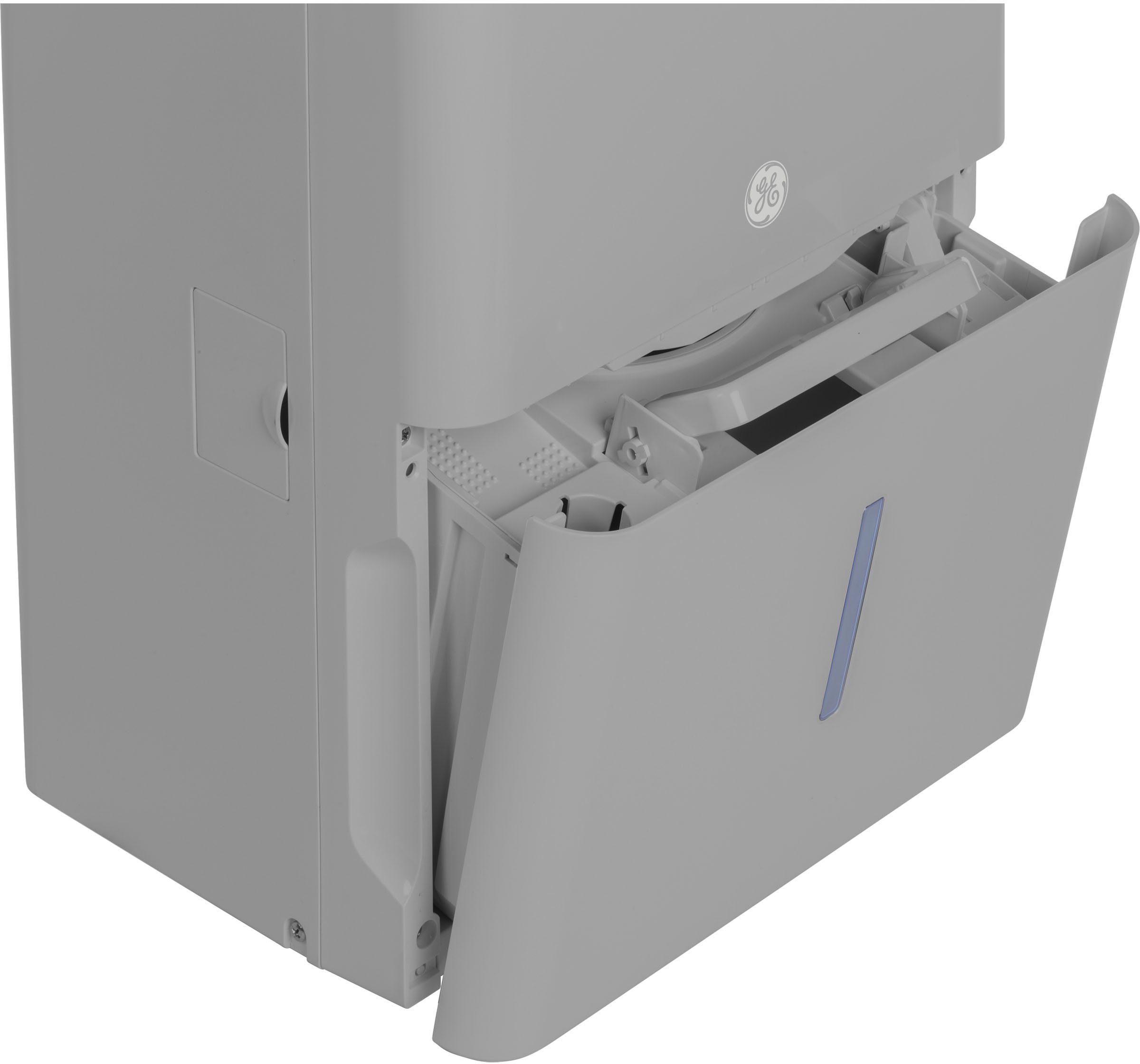
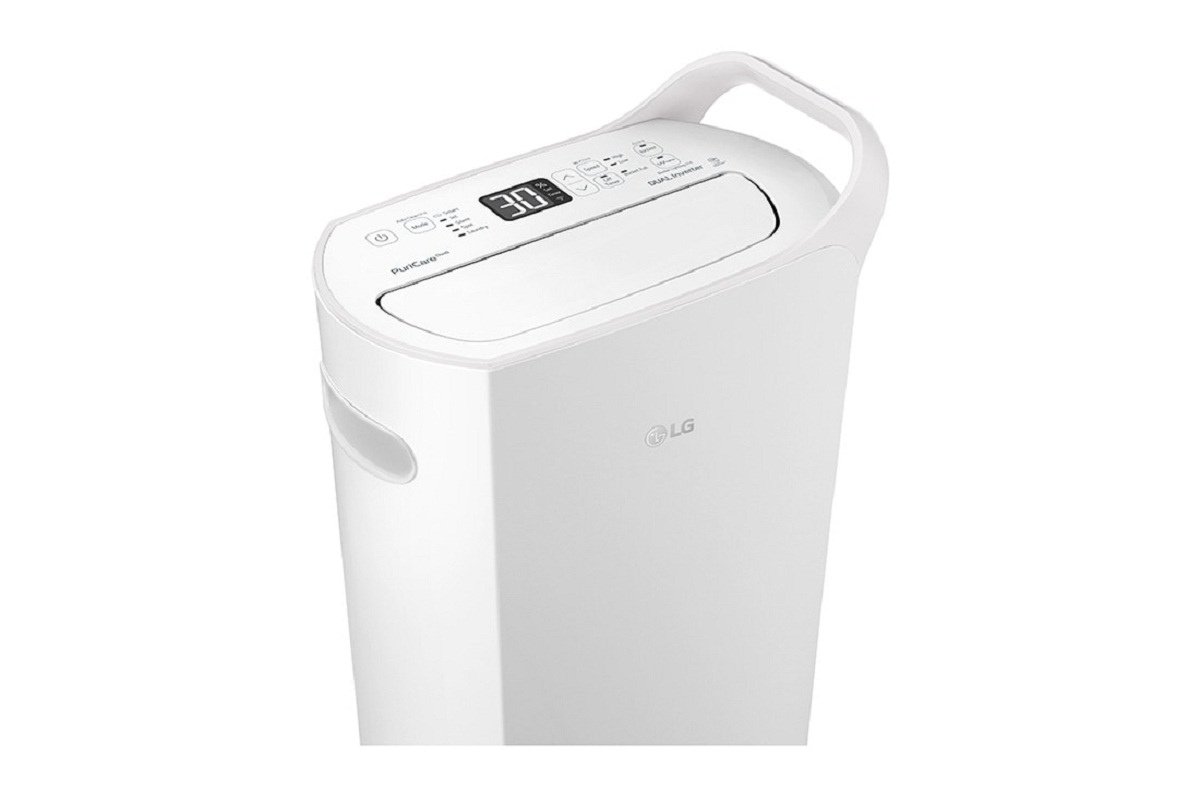
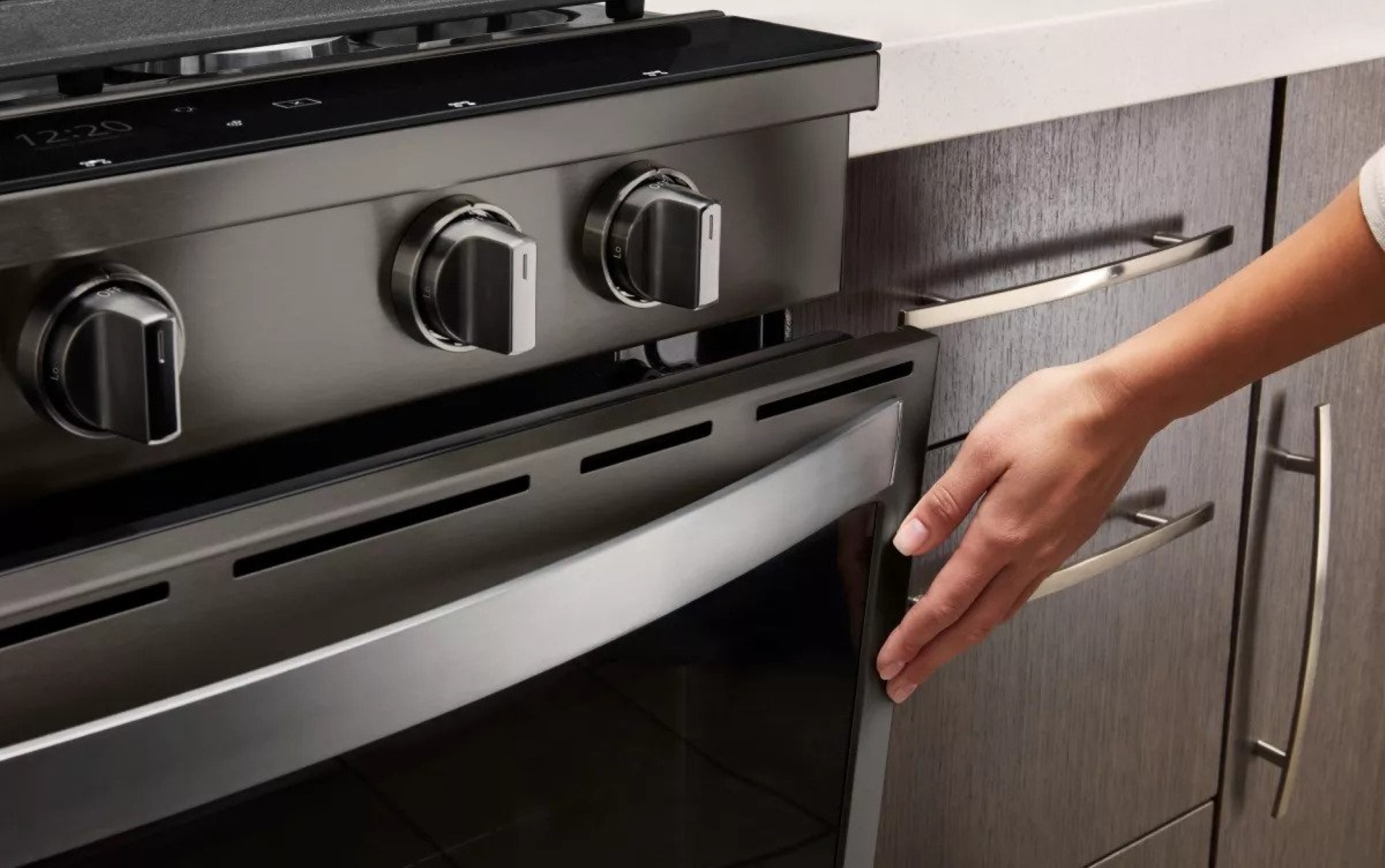
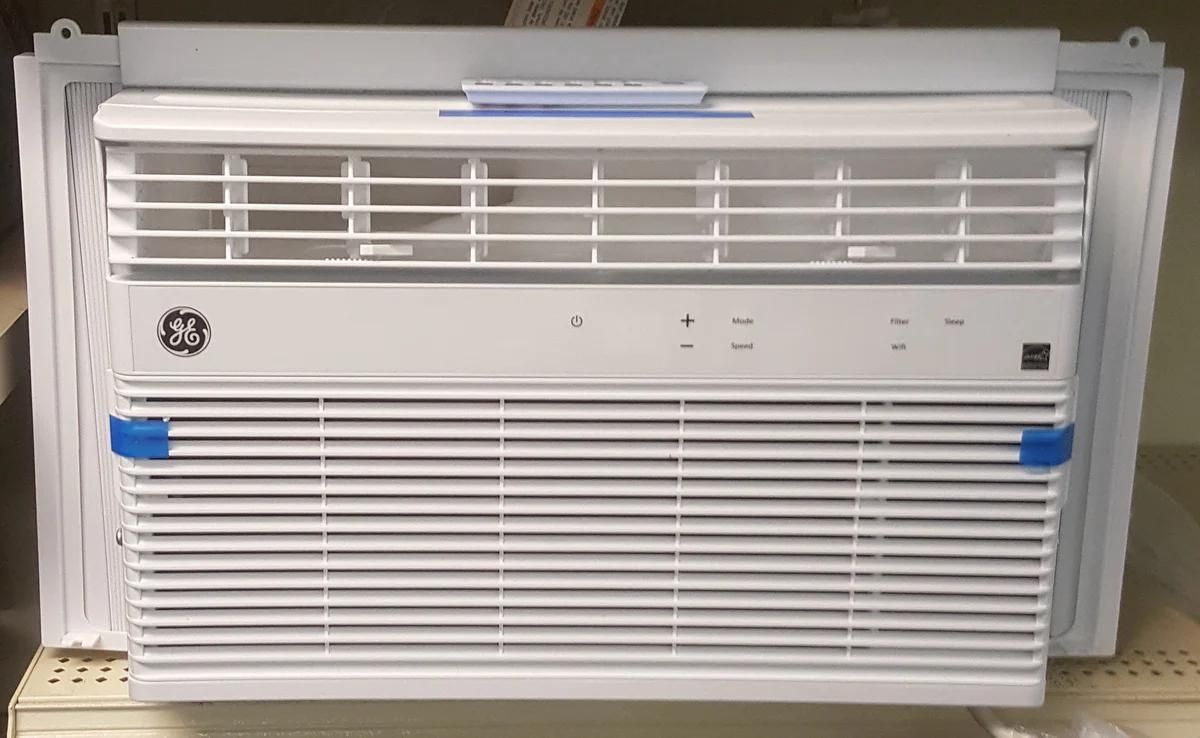
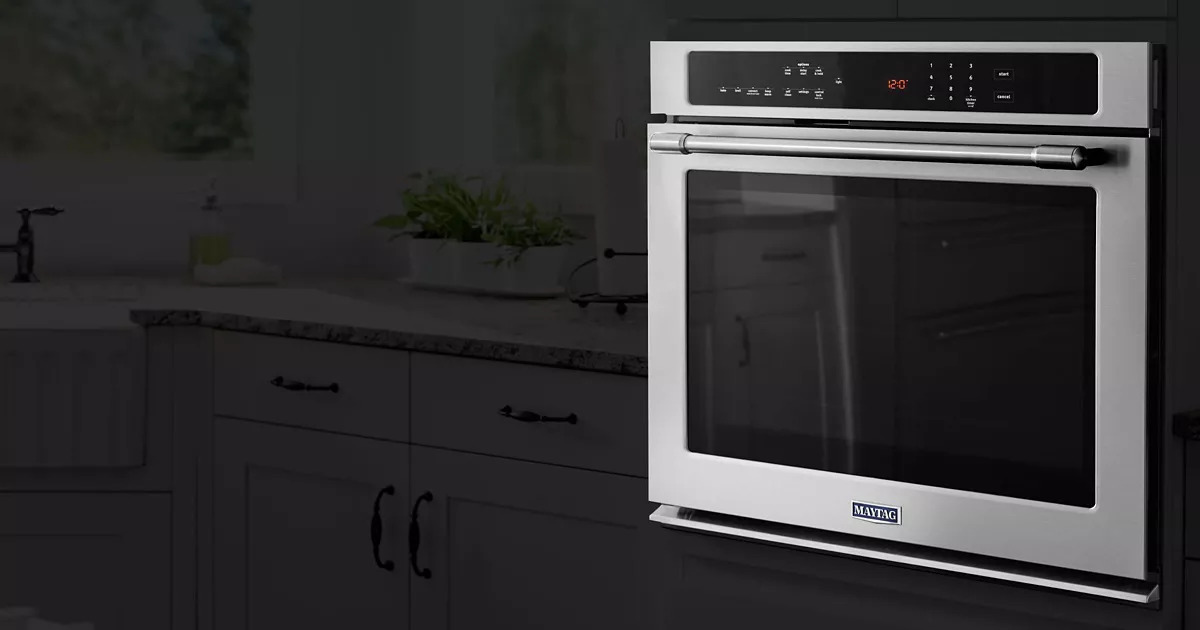
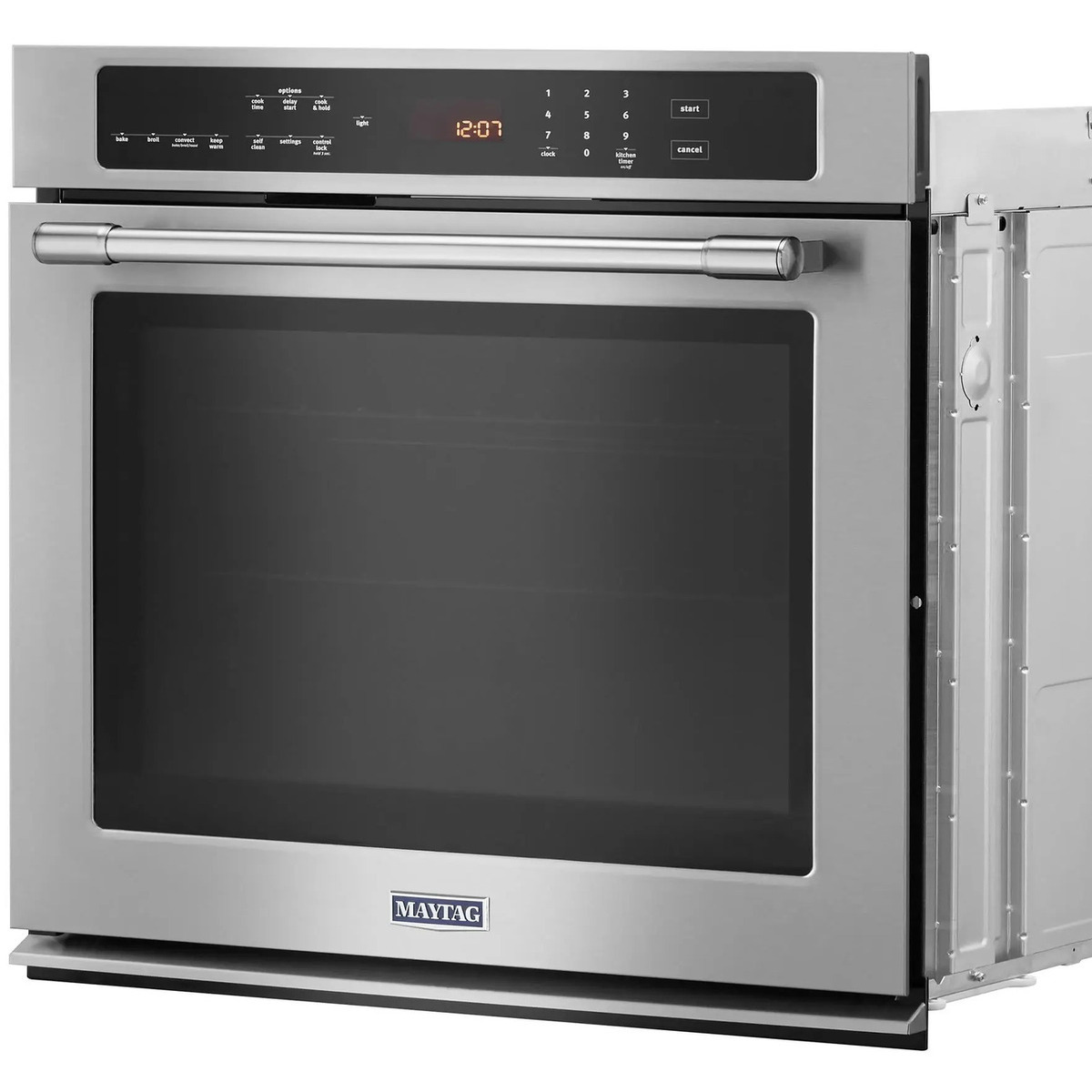
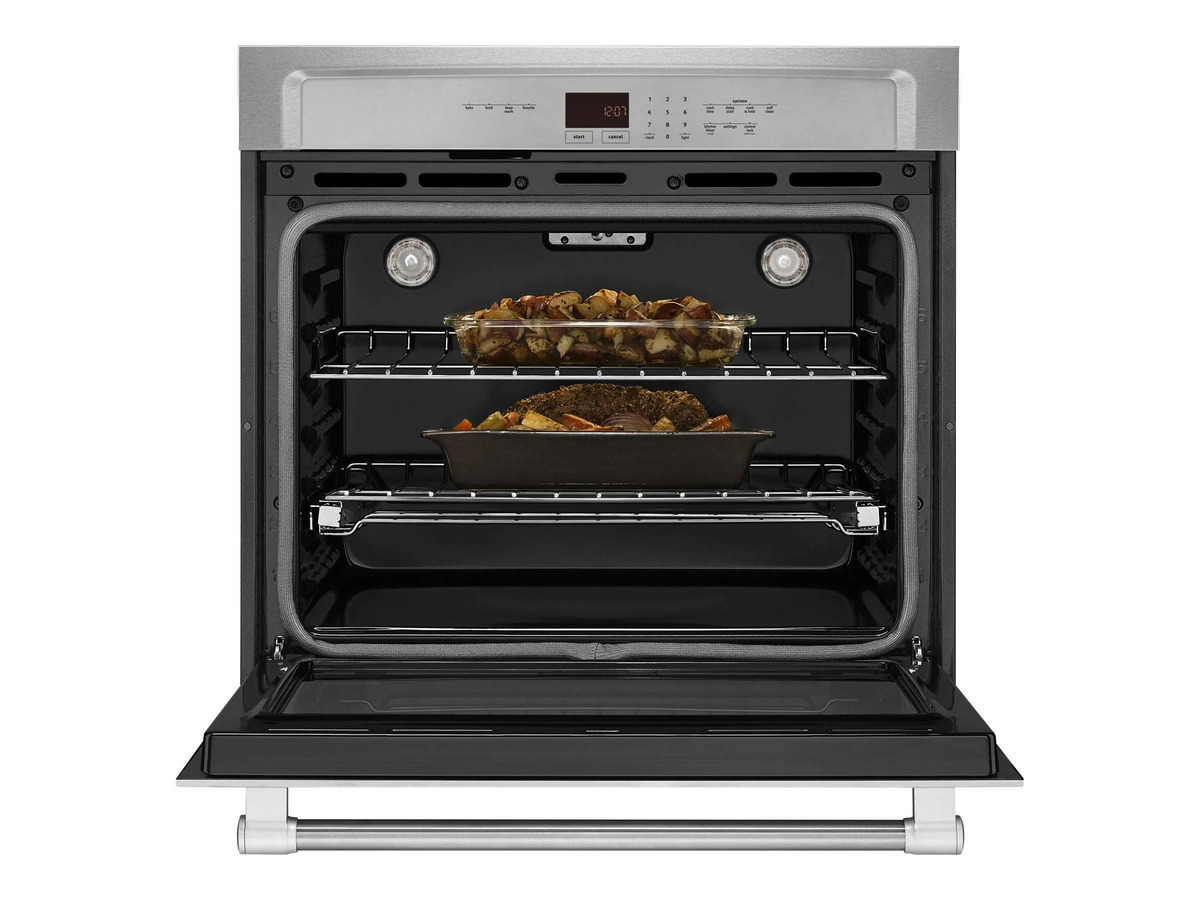

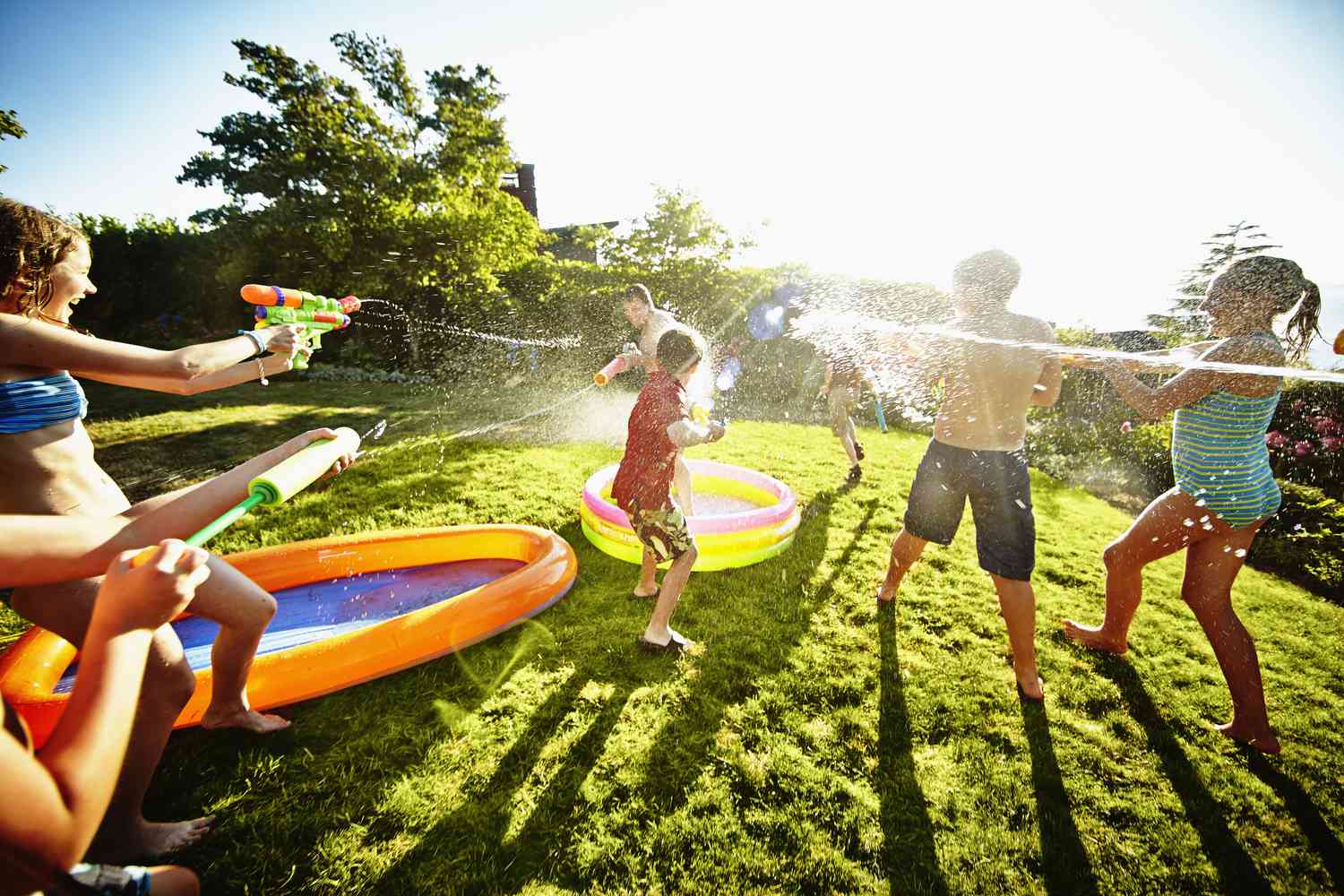
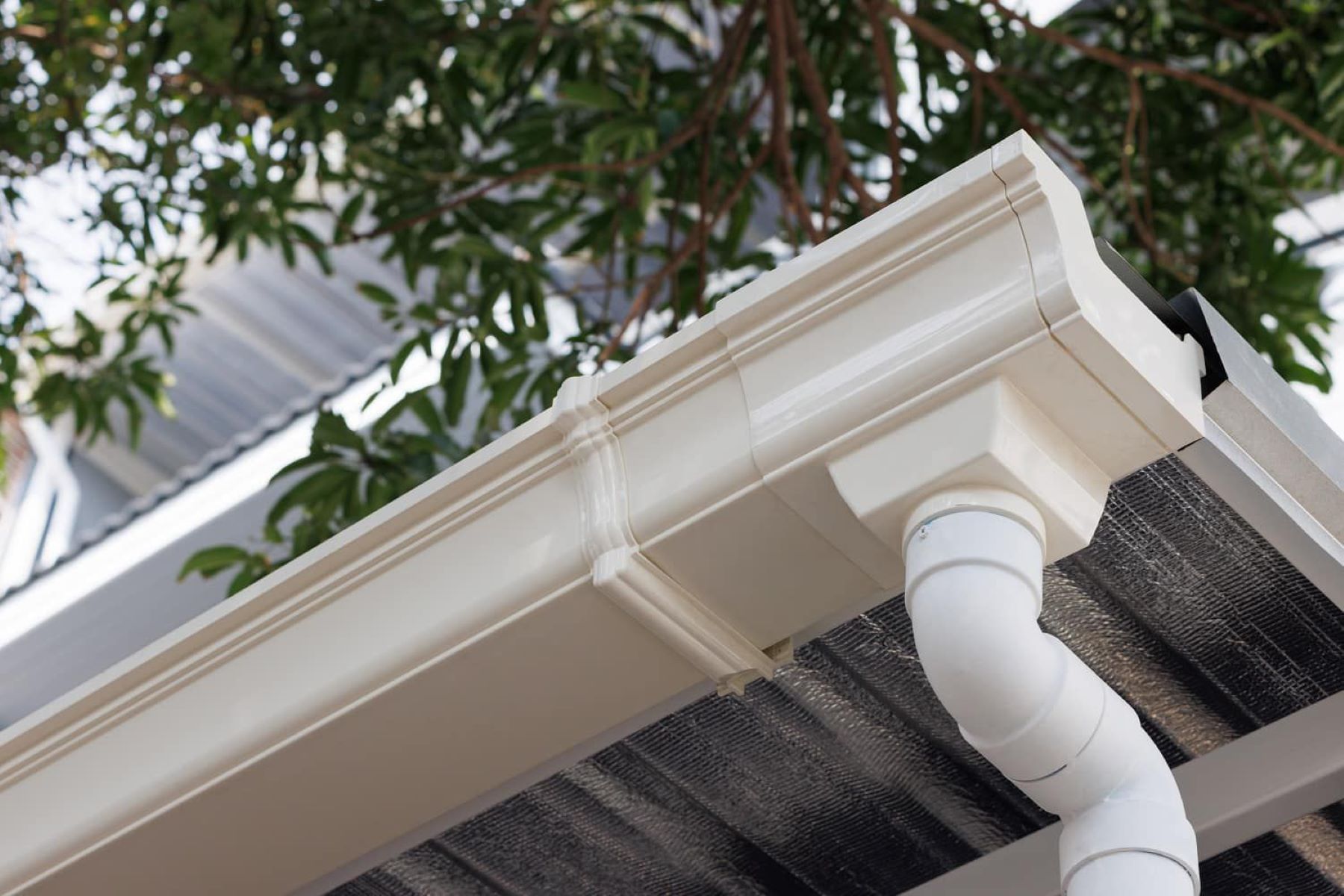

0 thoughts on “Here’s Everything You Should Consider When Planning For A Pool”